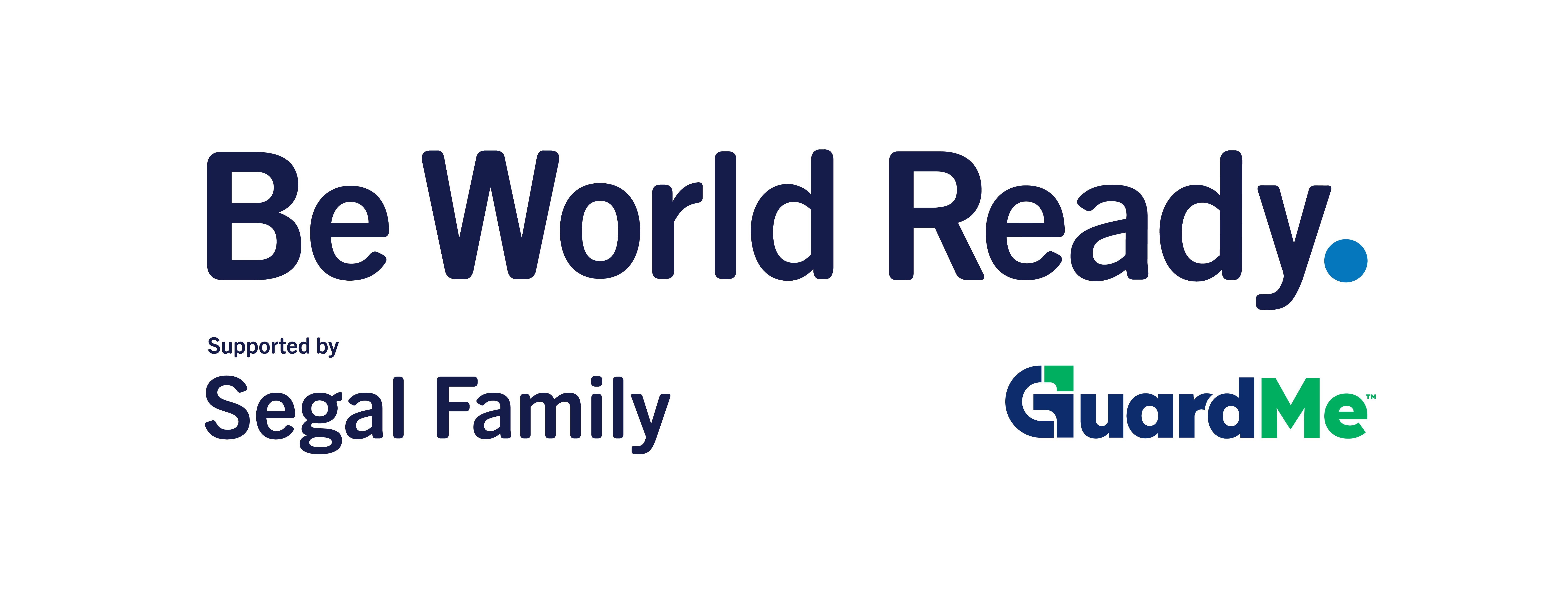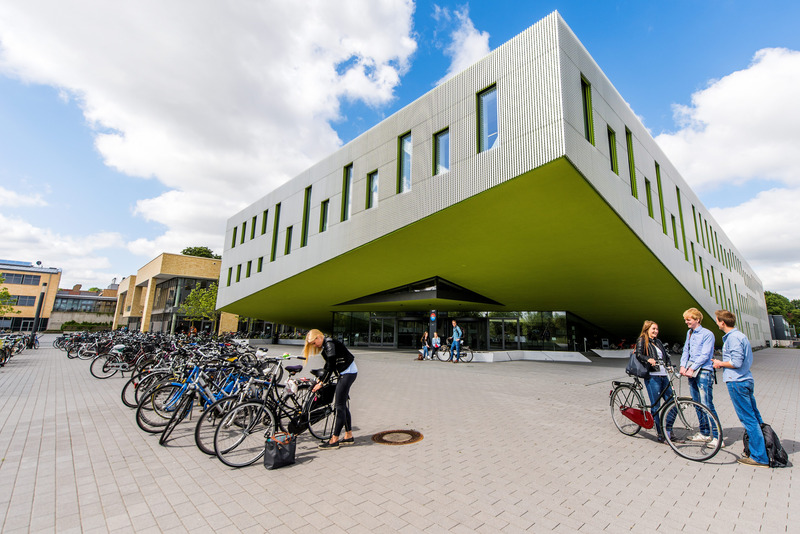Studies:
The International Summer University is a three week intensive program taught in English. It offers several specializations in the field of International Business, Economics, Marketing and Healthcare Management and takes place July 9 until July 31, 2020.
The International Summer University is open for international students from all around the world and for students of Osnabrück University of Applied Sciences. Gaining intercultural experience by working together with international students in small groups is one of the benefits of ISU. Moreover, it is a good opportunity for students who consider going abroad for a study term to get in touch and network with international students.
You have the choice between the following modules, please pick one:
at Bachelor’s level:
at Master’s level:
Your choice is combined with a lecture on ‘Germany in a Global Context’. The German language part is irrelevant for German speaking students.
Visa:
Depending on the bilateral agreement your country has with Germany, you may or may not need a visa to enter Germany. Students from EU-countries do not require a visa. For all non-EU-students, the safest way to determine whether you need a visa is by means of the German Federal Foreign Office’s website.
Also, there are different kinds of visa for different purposes. If you are participating in a short program of less than 90 days (e.g. a summer university or a German language course), you can apply for a “Schengen Visa” which allows you to travel in all the “Schengen Countries”. However, after 90 days you must leave the country. Therefore, if you are going to spend a semester or an entire study program with us, please make sure you apply for a “National Visa” which is valid for more than 90 days. For more information, please get in touch with the German embassy or German consulate in your country of residence. You can find the addresses on the website of the German Federal Foreign Office.
Please make sure that you allow enough time for the application procedure. It may take about 8 weeks
Accommodation & Meals:
We will arrange accommodation for you either in the International Guest House of Osnabrück University of Applied Sciences or in a flat shared with other students. Most of the rooms are single rooms with a shared kitchen and bathroom. There is also the possibility to do laundry on the premises (coin-operated washing machine and dryer). We will inform you about your accommodation prior to your departure to Osnabrück (address, equipment etc.)
Meals can be prepared in the kitchen of the International Guest House. In case you have a room in a shared student flat, you can use the kitchen there. Lunch is available in the student refectory. In order to eat there at student rates (approx. 3.00 euros per meal), you need to present an International Student Identity Card (ISIC)! If you do not have an ISIC, you will have to pay guest prices which are higher. You can obtain an ISIC in your home country.
Snacks are on offer in the student cafeterias. Both the cafeteria and the student refectory are open from Monday to Friday. During weekends you can either use the kitchen or you can also eat out in the city center at quite reasonable prices.
Osnabrück is referred to as the city of short distances. It is simple and convenient to get around in Osnabrück, be it a trip into the downtown area or your way to the university. Everything can be reached either by foot, bike or by public busses.
As an International Summer Program participant you will be provided with a log-in name and password which allows you to access the computers at Osnabrück University of Applied Sciences, using the internet as well as the E-Learning platform.
Additionally, students will be able to use the wifi-network for free. Also you can use the access to the internet in your classroom. So please bring your laptop with you. Also, in the various student residences there is access to the internet.
Do not forget to have an ISIC (International Student Identity Card) issued to you by your home university. Many museums, cinemas and theatres offer reduced student rates and you will need it in the student refectory in order to benefit from the student rates there.
Travelling to Osnabruck:
The nearest airport is FMO (Flughafen Münster/Osnabrück), which is situated about 30 km to the south of Osnabrück. From there it is easy to reach Osnabrück by public transport. Several shuttle services (e. g. express bus line X150) operate directly between the central city of Osnabrück and the airport.
The second closest airports are Bremen and Hanover Airport, which are situated about 130 km away from Osnabrück. Further airports that can be accessed conveniently are Frankfurt, Düsseldorf and Amsterdam. Osnabrück can be reached best from these destinations by train.
If you travel by plane, please inform yourself about the latest packing and security regulations of the airline you are traveling with, e. g. check if your luggage adheres to the rules (number of suitcases, weight and size). We recommend that you put your name and address inside of each piece of luggage, in addition to the visible tags on the outside.
Never pack the following items in your luggage: money, travellers’ cheques, medicines, important papers (e. g. your passport or original certificates), computer software/disks, memory sticks, name, address and phone numbers of your buddy, the address of your accommodation in Osnabrück, or anything else that is irreplaceable or of sentimental value. Pack these things into your carry-on baggage.
The City & It’s Region:
Osnabrück is situated at the junction of important North-South and East-West connections. Cities like Hanover, Hamburg, Amsterdam or Berlin can be reached within a few hours by train or car. It takes only 30 minutes by car to reach the Airport Münster-Osnabrück (FMO). The most popular means of transport in Osnabrück is the bicycle. The town, however, also offers an excellent bus networktudents can use free of charge. At weekends the night buses ensure a safe journey home even late in the evening.
Osnabrück is proud of its long history and you can experience the special atmosphere of the historical downtown area which dates back more than 1,200 years.
Osnabrück offers everything that makes a student‘s life enjoyable: More than 400 pubs, clubs and restaurants cater for all tastes and ensure that you will always find a destination for going out. Cultural events play an important role in this city on the river ”Hase”: Several theatres stage dramas, operas and ballets, various museums offer changing art exhibitions and a variety of festivals range from modern (European Media Art Festival) to traditional (”Mai-Woche”). Very popular among students is the ”Lagerhalle”, an old warehouse which now serves as a meeting place with cafeteria, bar, tearoom and a stage for live music and theatre. The zoo and the planetarium, cinemas and sports facilities offer the approx. 26,000 students who live in Osnabrück opportunities to take well-earned breaks from their studies.
The surrounding area of Osnabrück is covered with appealing landscape ideal for activities such as horseback riding, bicycling, rock climbing and other outdoor activities.
It was discovered, after conducting a nationwide survey that the happiest people in Germany live in Osnabrück. This shows through the friendly and open nature of the citizens in Osnabrück.
Come and share this experience with us! We are excited to have you!
Where to Shop:
Supermarkets offer a large range of products at reasonable prices. Each city district has a supermarket. When shopping, you should make a habit of looking at the various items and comparing prices. They often have special offers. You can buy particularly reasonably-priced food in the discount markets. They neither offer a large range of products nor brand names but the quality is nevertheless good. Supermarkets do not generally accept credit cards but most of them Eurocheque Cards (EC= electronic cash). The least expensive supermarkets in Osnabrück usually are ALDI, NETTO and LIDL
Weekly markets
Do you really like and value fresh fruit and vegetables? Then you will find everything to suit your taste at the weekly markets. In most cases, farmers set up there stalls in the town centre on the market square or around churches. They sell farm produce from the region, as well as imported goods, such as exotic fruits. Markets are held on one or several days a week. In Osnabrück the biggest weekly market takes place each Saturday morning in front of the cathedral. Further markets are held on Tuesday afternoons in front of the St. Johann Church (“Johanniskirche”) and Thursday morning at the “Ledenhof”, opposite to the castle of Osnabrück.
International Shops
Perhaps you are planning to cook a specialty from your home country for your fellow students and cannot find everything you need in the supermarket. A wealth of international food shops stock imported goods from all parts of the world. A Turkish vegetable grocer who also offers numerous oriental products will be found in every German city. In addition, you can find Asia shops with special fish products and spices or African shops in which you can buy manioc, for example.
Health-food shops
Shops selling particularly wholefood products and organically grown vegetables and fruit go by the name of “Bio Supermarkt” or “Reformhaus” in Germany. Also in supermarkets or discount markets you will find a variety of wholefood products. You can recognise these products by a green, octagonal bio seal awarded in accordance with the EEC Council Regulation on Organic Agricultural Produce.
Payment Methods:
Cash/traveller’s cheques
You pay for your bread rolls from the baker or the magazine from the kiosk in cash, although “plastic money” is increasingly being accepted. You can change the cash from your home country into Euros around the clock at some cash machines, mostly to be found in the main branches of the banks. You can also go to the bank counters to do this, of course, and you can also cash in traveller’s checks there, but only at the official opening times. In major tourist centres, you will also find exchange counters where you can cash in cheques or change money.
Electronic cash (EC/Maestro) with Eurocheque cards
If you come from a country which itself issues Eurocheque cards (not to be confused with the “Eurocard” credit card), then you should make sure that you obtain such a card. You can use it to pay by card easily and almost everywhere. Just look for the EC/Maestro sign on the cash register. Then you can pay by card and signature or with your PIN and the sum is immediately debited from your account. A large number of cash dispensers/ATMs are also available where you can use your Eurocheque card to draw out Euro. However, you will often be charged foreign fees for using this service, if you use your card from home.
Credit cards
Of course, you can pay larger sums worldwide with all well-known credit cards. The door of the shop in question will have a sticker showing which credit cards are accepted. You can also draw cash with your credit card from cash dispensers/ATMs, if you have a PIN. But you will have to pay high charges for this service.
Country Highlights & FAQ:
A land of pure enchantment, rich history and boundless discovery. Germany has something for everyone. For the culinary lovers, a delicious feast of world-famous brews, noble Rieslings and local schnitzel. For the explorers, vibrant cities await where world politics is made. And for those who love being outside, the alps in the south and the ocean in the north are only two stone throws away. Did you know that Berlin is 9 times larger than Paris and has more bridges than Venice?
- Population: 82.28 Million
- Capital City: Berlin
- Currency: Euro
- Electricity: 230V
- Official Languages: German
- Local Time: 6 hours ahead of Niagara College



